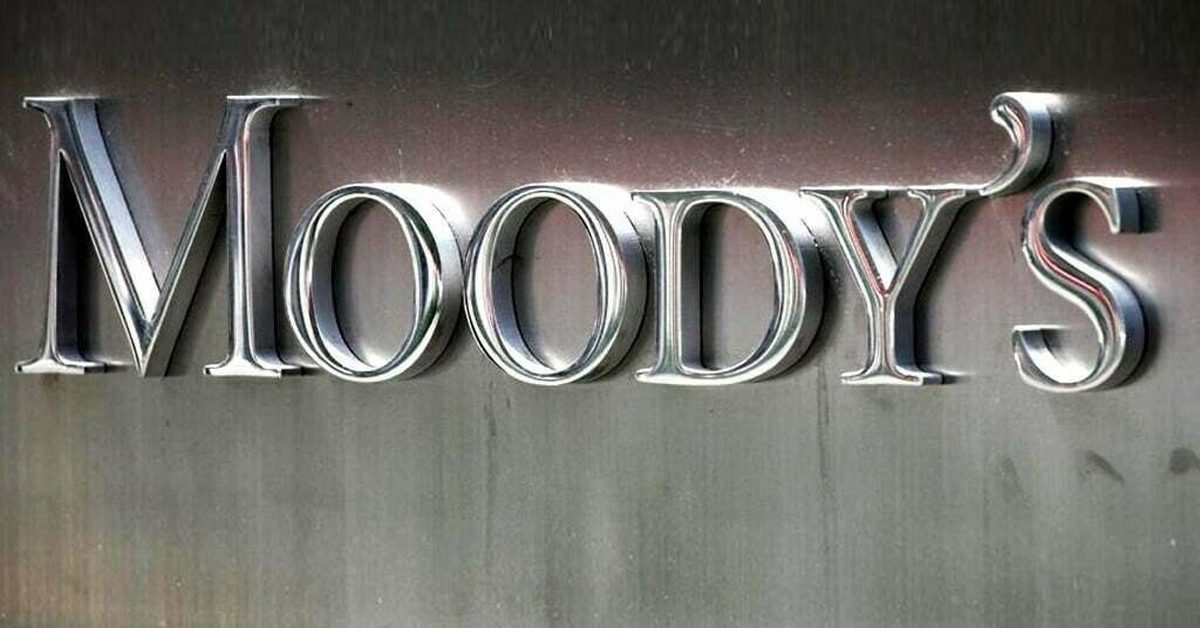Moody’s Investors Service has raised Pakistan’s banking sector outlook from ‘negative’ to’stable’, noting lessening macroeconomic problems and budgetary constraints.
In its assessment, the agency emphasized banks’ strong profitability and consistent funding, which offered a cushion against the country’s macroeconomic issues and political uncertainty.
The analysis predicts a moderate 2% increase in the Pakistani economy in 2024, with inflation falling from 29% to roughly 23% compared to the previous year. However, it warned that high-interest rates and inflation would continue to limit private-sector spending and investment.
According to Moody’s, Pakistani banks predominantly finance the government’s budget deficits, which limits their ability to lend to the actual economy. While attempts to promote financial inclusion and support critical industries may help stimulate loan demand, the overall lending environment remains limited.
Moody’s emphasized Pakistani banks’ strong exposure to the government via considerable holdings of government securities, which account for almost half of total banking assets. This tie exposes their creditworthiness to that of the sovereign.
The rating agency also stated that external pressures, along with a hard operating environment, may have a minor impact on the performance of Pakistani banks’ loan portfolios.
Despite these issues, Moody’s forecasts the banking sector’s profitability to remain solid, thanks to high net interest margins. However, profitability may fall from 2023 peaks due to slowing business growth, rising finance costs, and higher taxes.
Moody’s said Pakistan‘s rating might be raised if the government properly manages external and liquidity issues. It expects Pakistani banks’ capital ratios to stay steady, boosted by good profitability despite large dividend distributions.
Moody’s assigned a Caa3 baseline credit rating to Pakistan’s top five major banks: the National Bank of Pakistan (NBP), HBL, UBL, MCB, and Allied Bank Limited. The agency emphasized the necessity of consistent deposit-based funding to ensure financial stability in the banking industry.

